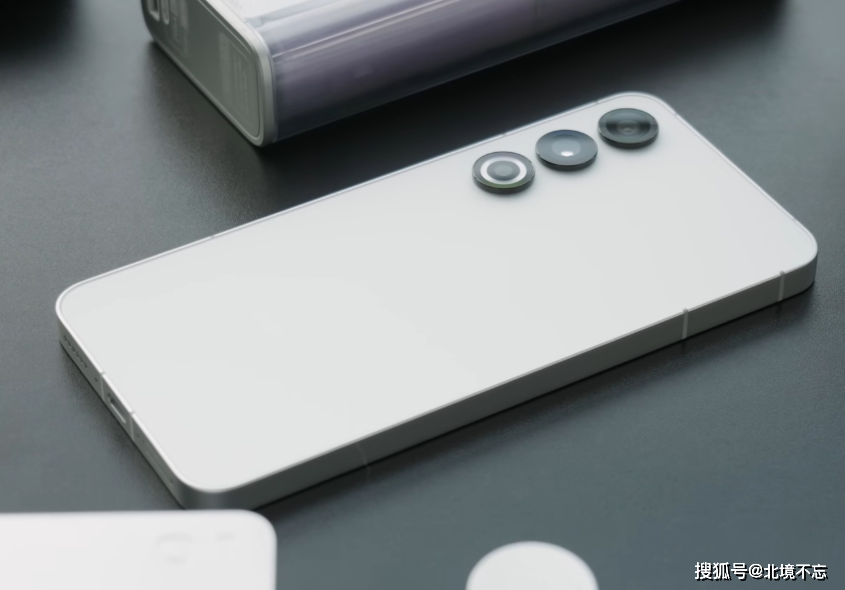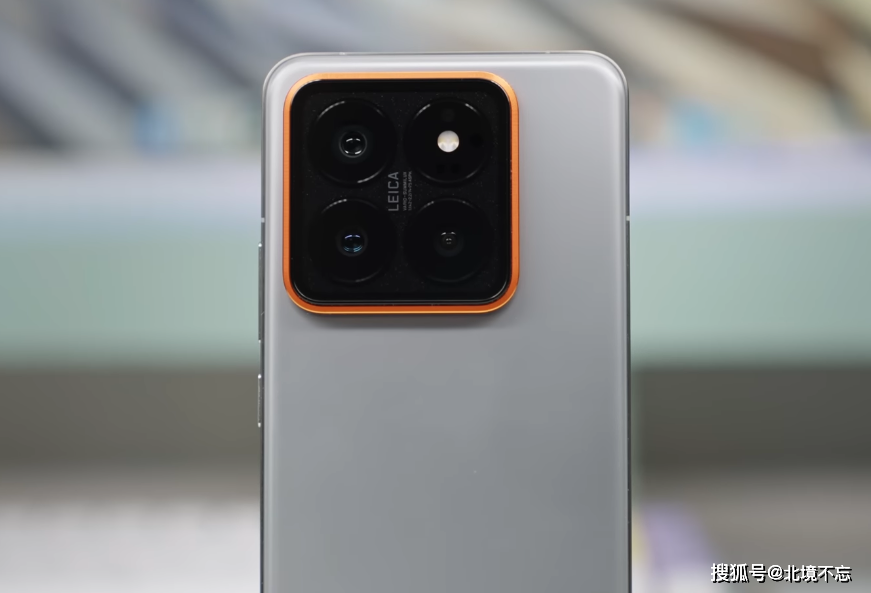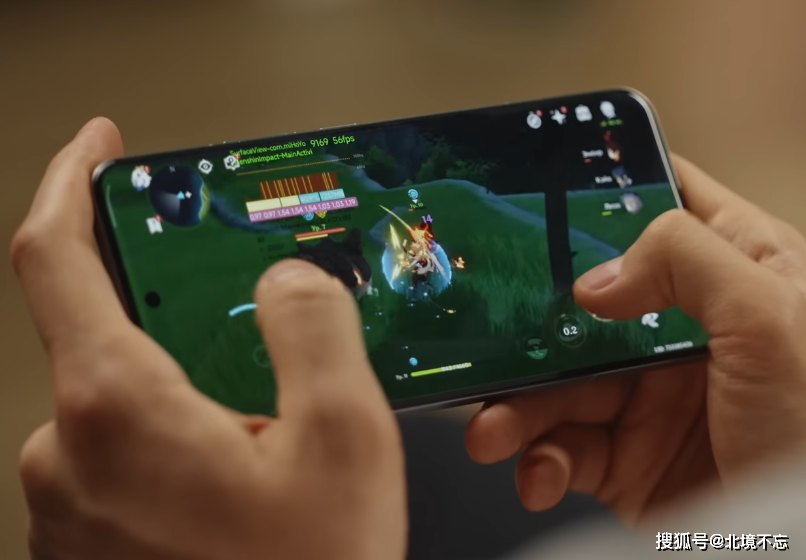The Rise of AI in the Smartphone Market
In the era of traditional apps, we could only perform simple processing on videos and images. However, with the integration of generative AI and large models, there has been a revolutionary change. This technology can intelligently create more exquisite and detailed videos and images based on information available on the web. All of this is made possible by the significant improvement in the CPU, GPU, and AI performance within SoC.
This means that future smartphones will have higher productivity. Regardless of where you are, you can easily create wonderful graphics, videos, music, and artwork using generative AI on your phone. The application of this technology will greatly reduce the barriers to creation, allowing more people to freely express their creativity and ideas.

Against this backdrop, there is a growing demand in the smartphone market for AI technology. Generative AI has become one of the core trends in the development of future smartphones, and major mobile phone manufacturers are striving to enhance the AI performance of their phones to meet market demands.
The latest 2023 smartphone AI performance rankings show that the Meizu 21 has surged to the top of the list, with the Xiaomi 14Pro closely following in second place. Both of these smartphones have demonstrated outstanding AI performance, injecting new vitality into the future smart phone market.

The fact that the Meizu 21 has claimed the top spot has surprised many, but in reality, data released by the media indicates that this phone has received high acclaim, earning numerous awards such as the Annual Game Design Award, Annual Flagship Performance Award, and the 2023 Best Screen Smartphone Award, among others. In terms of core specifications, the Meizu 21 is equipped with the third-generation Snapdragon 8 flagship chip, a rear 200-million-pixel ultra-clear main camera, a 32-million-pixel front selfie camera, a 4800mAh battery that supports 80W wired charging, and a 6.55-inch 1.74mm physical four-sided border screen on the front.

The Meizu 21 boasts a stylish design, with a distinctive “island-style” camera layout on the back, exuding a simple yet classy look. In addition to the traditional black front panel, it also offers a white front panel, making it quite visually appealing. Of course, if you are looking for a more comprehensive and high-end configuration, the second-ranked Xiaomi 14Pro is also a great option, although it is slightly higher priced, so those with a sufficient budget may want to consider it.

The Xiaomi 14Pro is equipped with the third-generation Snapdragon 8 flagship chip, incorporating LPDDR5X+UFS4.0+FBO refreshing storage technology, and delivers powerful performance that rivals the Meizu 21. The phone features a 6.73-inch AMOLED flexible display with a new generation C8 luminescent material, offering a 1-120Hz intelligent dynamic refresh rate, 3000nit peak brightness, 2K resolution, and 12-bit color depth. In terms of photography, it has upgraded to a Leica Summilux lens, with the main camera using the “Light Hunter 900” custom sensor, providing a 50-megapixel camera with 1024-level variable aperture. The 4880mAh battery supports 120W wired and 50W wireless charging, and though not very large, it boasts good battery life.

The fact that the Meizu 21 has topped the smartphone AI performance rankings has exceeded many people’s expectations, indicating how powerful Meizu has become and proving that Meizu has its own unique ideas when it comes to making smartphones. The choice between the Meizu 21, Xiaomi 14Pro, and other worthy options like the iQOO12Pro, RedmiK70Pro, and realmeGT5Pro ultimately depends on individual needs.